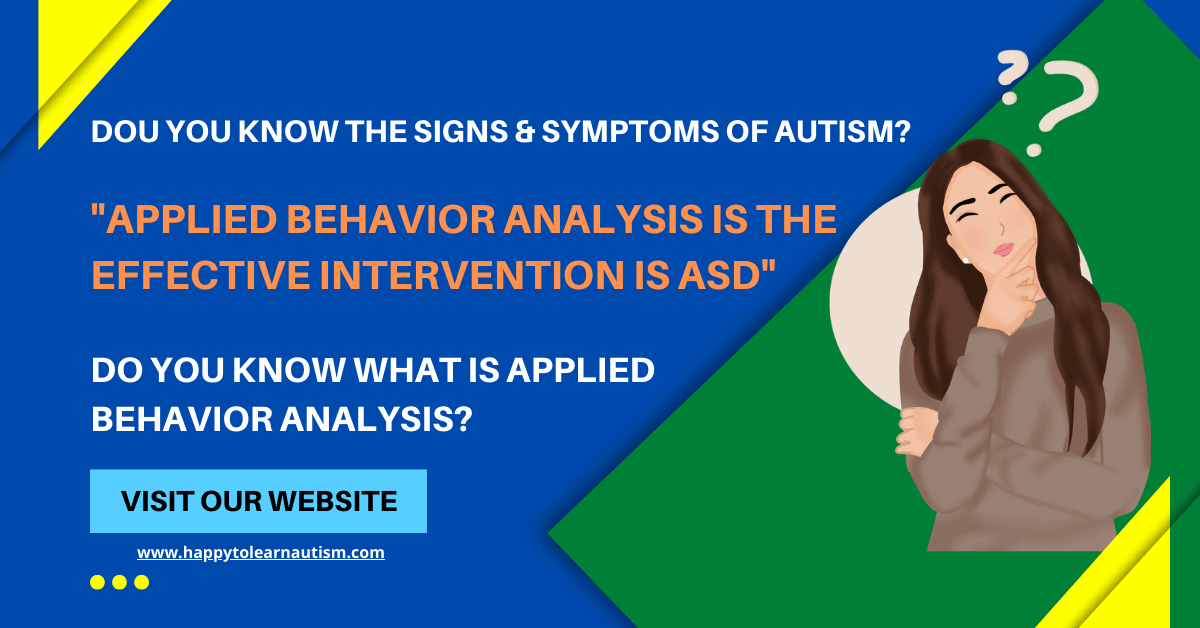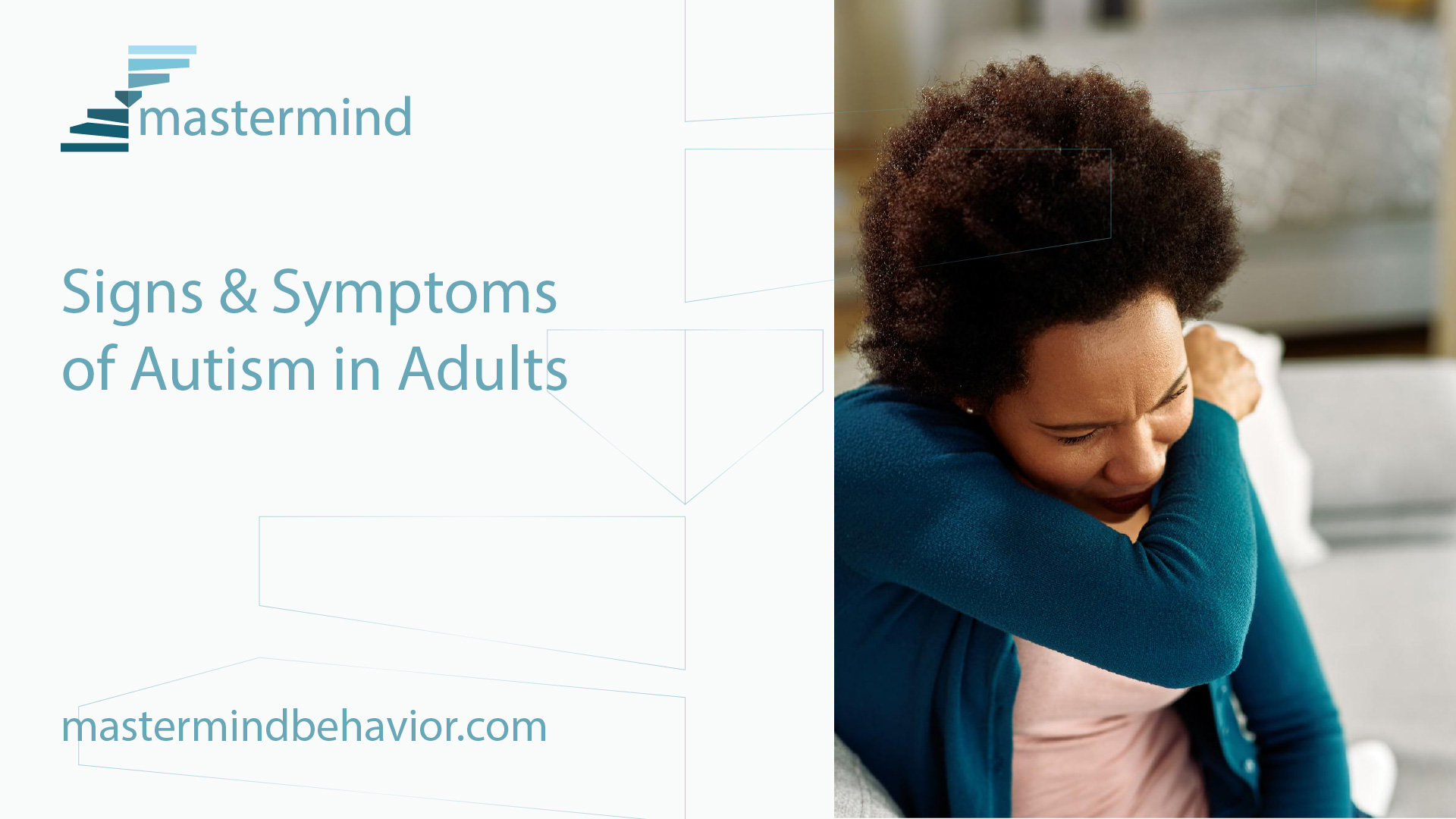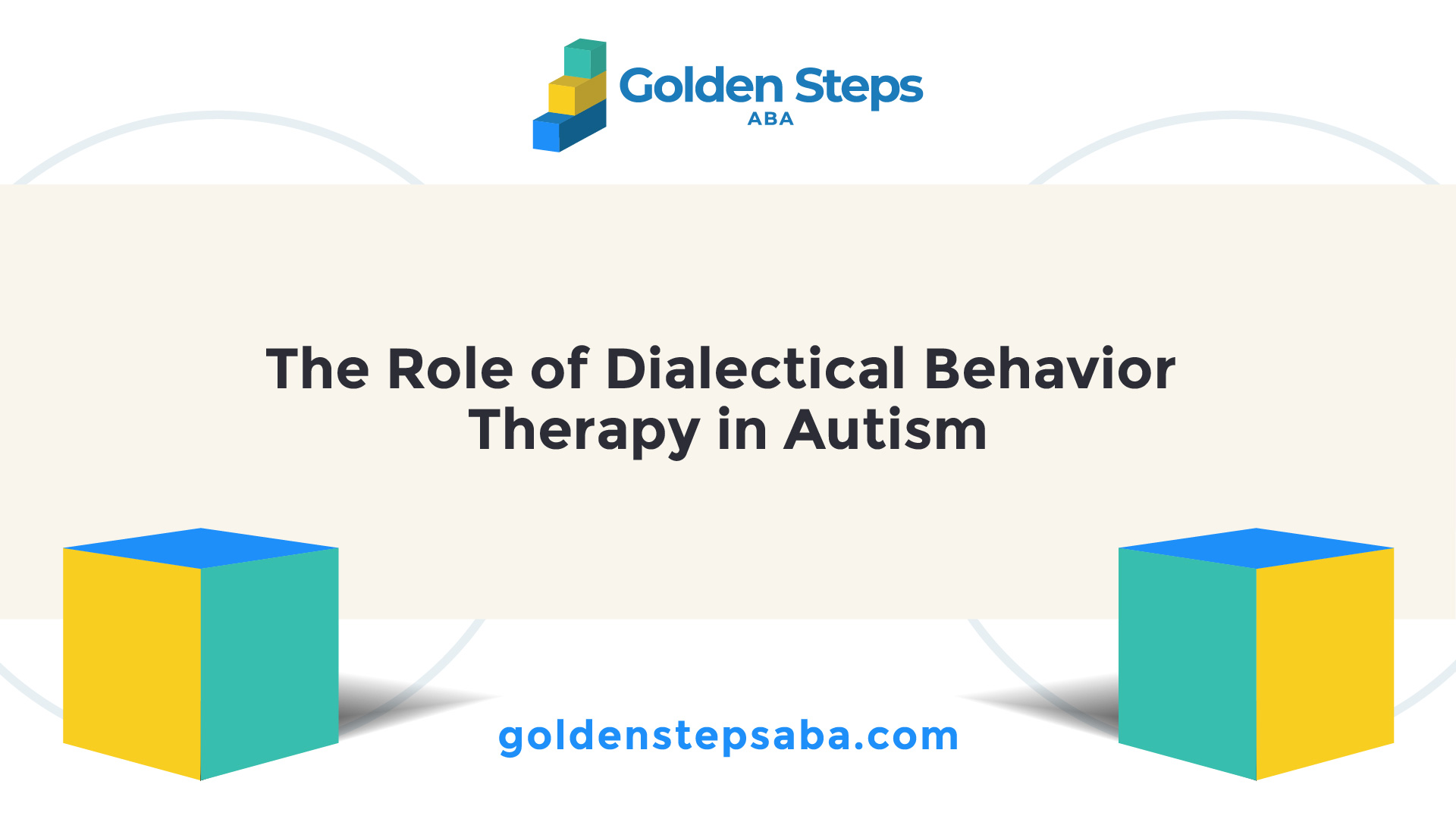Secret Symptoms And Signs to Identify in People With Behavior Autism
When you encounter somebody with behavior autism, acknowledging vital indications and signs is essential. Additionally, sensory level of sensitivities can lead to frustrating experiences.
Obstacles in Social Communications
When you engage with somebody on the autism spectrum, you could see they deal with social signs and interaction. These challenges can make social interactions really feel frustrating for them. You may see them staying clear of eye contact or standing also close or too far away during conversations, which can produce misconceptions. They could not detect body language or face expressions, making it harder for them to evaluate how others are really feeling.
When they do involve, they may talk regarding their rate of interests in excellent detail without discovering if you're interested. Recognizing these challenges can aid you come close to communications with empathy and persistence, cultivating a much more comfy environment for both of you.
Trouble With Verbal and Non-Verbal Interaction

Non-verbal communication can be a lot more tough. You could see an absence of eye call or minimal use of gestures, which can make interactions feel awkward. Face expressions may not constantly line up with the discussion, causing complication about their sensations. Recognizing these signs is essential, as it assists you better support and engage with individuals on the autism spectrum. By understanding their interaction challenges, you can promote a lot more meaningful links and offer a much more supportive environment.
Recurring Habits and Regimens
Communication obstacles often come with various other indications of autism, such as recurring actions and a solid preference for routines. You might observe that individuals with autism commonly participate in specific, repeated actions, like hand-flapping, shaking, or duplicating expressions. These habits can supply comfort and a feeling of control in a typically overwhelming globe.
Regimens are just as essential; several people flourish when they follow an organized schedule. You may locate that changes to these routines can cause substantial distress. For instance, if they have a daily routine of eating breakfast at a particular time or adhering to a certain path to school, any disruption can trigger anxiety.
Identifying these patterns aids you understand their actions and supply support. By suiting their requirement for regular and permitting repetitive actions, you can produce an extra comfortable environment that alleviates their challenges.
Sensory Level Of Sensitivities

Typical Sensory Triggers
Sensory level of sensitivities can considerably influence everyday life for individuals with autism, as specific stimuli usually activate frustrating responses. Typical sensory triggers include loud noises, intense lights, and strong smells. Comprehending these triggers can help you handle your atmosphere better.
Behavior Actions Clarified
Comprehending your behavior reactions to sensory level of sensitivities is essential, as they usually expose just how you connect with the world. You might additionally find yourself seeking specific sensory experiences, like deep pressure or peaceful atmospheres, to help ground yourself. Identifying these patterns helps you recognize your needs better and can assist just how you interact them to others.
Coping Methods Review
Identifying your sensory level of sensitivities is just the first step; now it's time to check out coping techniques that can help you manage those experiences effectively. Start by producing a sensory toolkit customized to your demands. Developing a structured routine can likewise offer predictability, reducing anxiousness around sensory overload.
Limited Passions and Focus
While many people develop a wide variety of passions, those with autism typically demonstrate limited passions and an extreme concentrate on certain subjects. You may discover that somebody with autism can invest hours diving right into their preferred subject, whether it's a certain kind of train, a certain movie, or a scientific concept. This intense focus isn't just a hobby; it can become a central component of their identification and social communications.
You may locate that conversations revolve around these passions, and they may battle to take part in wider subjects. For them, these focused rate of interests supply comfort and a feeling of proficiency. While it is very important to encourage exploration of brand-new why not try here subjects, respecting their content enthusiasms is just as crucial. By understanding and acknowledging these restricted rate of interests, you can promote a helpful environment where they really feel valued and understood, allowing for even more purposeful connections and communications.
Psychological Policy Difficulties
People with autism frequently face obstacles in emotional law, which can be influenced by their extreme concentrate on details interests. You might notice that when a person is deeply participated in a preferred task, they can experience solid emotions, whether exhilaration or irritation. This intensity in some cases makes it difficult for them to shift equipments or handle their sensations when points don't go as intended.

Irregularity in Developmental Milestones
When it comes to developing landmarks, you'll notice that people with autism commonly show a wide range of variability. You might see a child excel in language abilities yet struggle with social communications.
It's important to recognize that each person's journey is one-of-a-kind. Some might develop intricate skills early, only to face challenges later on. Others could take longer to attain standard turning points yet then thrive in particular areas. Observing these patterns can help you understand their toughness and needs much better.
Frequently Asked Questions
Just How Is Autism Diagnosed in Children and Adults?
To diagnose autism in grownups and kids, experts examine behavior, interaction skills, and social interactions. If a private fulfills the standards for autism range condition., they commonly make use of standardized tests, meetings, and observations to figure out.
Exist Various Kinds Of Autism Range Disorders?
Yes, there are different sorts of autism range disorders, consisting of Asperger's syndrome and pervasive developing disorder-not otherwise defined. Each type differs in severity and features, so comprehending these differences can assist you far better support people with autism.
What Treatments Work for People With Autism?
When thinking about reliable therapies for individuals with autism, you'll locate options like Applied Habits Evaluation, speech therapy, and job-related therapy. Each technique can aid improve interaction, social abilities, and daily working customized to individual requirements.
Can People With Autism Lead Independent Lives?
Yes, people with autism can lead independent lives. With the right assistance, abilities training, and sources, you can read this post here help them create self-sufficiency, handle day-to-day tasks, and flourish in numerous settings, cultivating their independence.
Exactly How Can Households Support Enjoyed Ones With Autism?
You can support your liked ones with autism by creating a structured setting, urging their interests, practicing patience, promoting interaction, and advertising social abilities. Celebrate their success, no issue exactly how small, and develop a helpful community.
Although many individuals on the autism range can understand and use language, they usually face significant challenges with both verbal and non-verbal communication. Recognizing these signs is essential, as it helps you better assistance and involve with people on the autism range. You may discover that individuals with autism frequently engage in specific, repetitive activities, like hand-flapping, shaking, or repeating phrases.Sensory level of sensitivities can considerably impact day-to-day life for people with autism, as specific stimuli usually cause frustrating reactions.When it comes to developmental milestones, you'll see that people with autism typically show a wide array of irregularity.